The course of study of the production, characteristics, design, and applications of ceramic-related objects falls within the burgeoning and evolving field of ceramic tiles engineering.
Ceramic engineers, amateurs, and professionals create items that aid in the operation of computers and other electronic devices, improve human health in many ways, and aid in international communication.
Through ceramic engineering courses, students are prepared for the manufacturing process for ceramic designs and their attributes.
Due to recent developments in chemistry and physics, the applications of ceramic engineering are expanding and now include bio-ceramics like dental implants and synthetic bones.
Students who want to pursue a career in ceramic engineering will undoubtedly find themselves flooded with work opportunities. Aspirants need to hold a degree in engineering in order to pursue a profession in ceramic engineering. Ceramic engineering courses at the undergraduate and graduate levels are offered in colleges all throughout India.
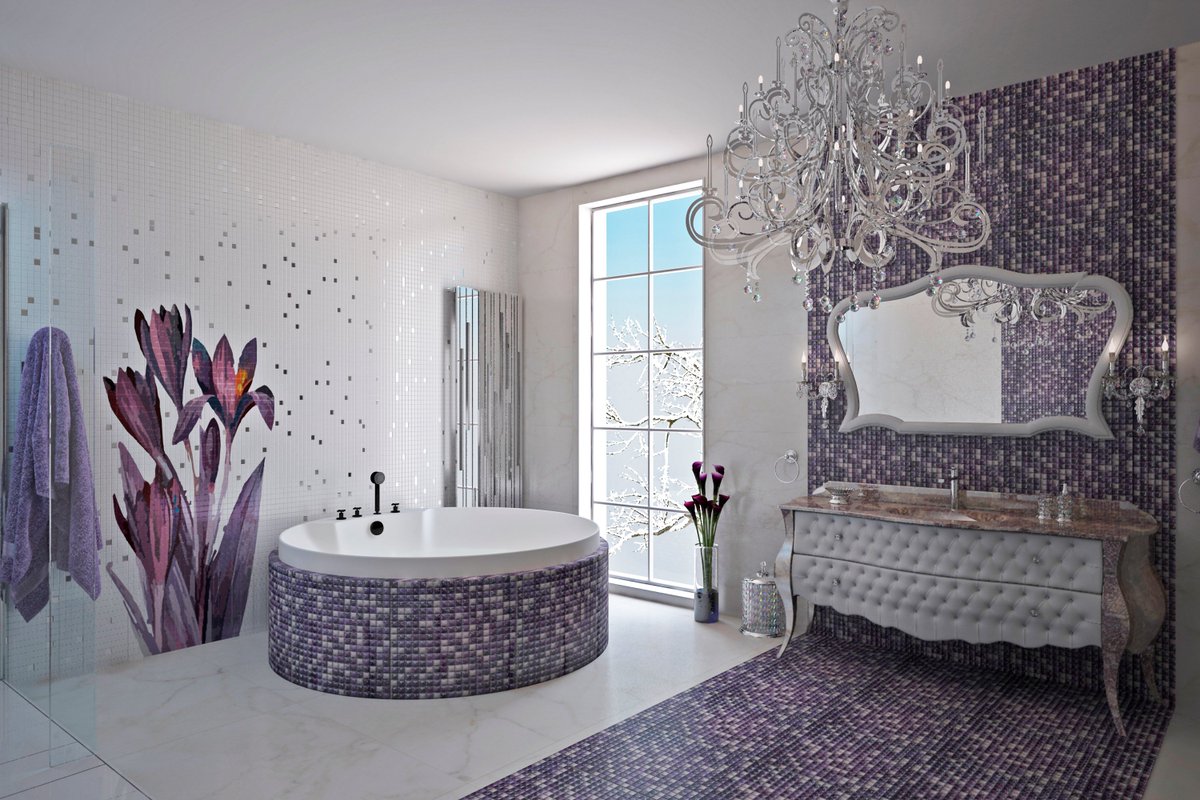
Qualifications for the Ceramic Engineering Program
In the realm of engineering courses, ceramic engineering is a relatively new and exciting topic that deals with the in-depth study, characteristics, design, manufacture, applications, and utilization of ceramic materials. For those who want to study the flawless process of creating products out of non-metallic and inorganic materials and are creative, ceramic engineering is the ideal marriage of technology and art.
Undergraduate: Passing the XII examination from any recognized board with Chemistry, Math, and Physics as the major subjects, with a minimum cumulative mark of 50%, is required for admission to pursue BE or B.Tech in Ceramic Engineering.
Post-Graduation: Candidates for M.Tech. or ME in Ceramic Engineering must have earned their BE or B.Tech. in Mechanical, Production, Ceramic, Metallurgical, Automotive, Aeronautical, Marine, Mechatronics, Manufacturing, or Industrial from a recognized university with a minimum cumulative mark of 55 to 60 percent (can vary from college to college)
Competencies Necessary for Ceramic Engineering Course
Engineers with a specialty in working with non-metallic materials and inorganic ceramics that are handled at extremely high temperatures are known as ceramic engineers. Electronic and glassware components, nuclear reactors, jet engine linings, and blast furnaces are just a few of the many things that ceramic engineers work with. As a result, future ceramic engineers should have a solid grasp of the procedures and guidelines for dealing with a variety of ceramic materials.
| Particulars | Details |
| Communication Skills | read and comprehend work-related material, comprehend oral and written information, and actively listen to others |
| Reasoning and Problem-Solving | Identify challenging issues, review pertinent data, develop and evaluate potential solutions, and come up with novel, unorthodox, or creative approaches to challenges. |
| Manage Self, People, Things and Time | Manage time for oneself and others, inspire, develop, and mentor others, and choose the best candidates for each position. |
| Mathematics and Science Skills | utilizing scientific methodologies, mathematical formulas, or both, to address problems |
| Learning Strategies | choosing and utilizing instructional/training methods and approaches that are appropriate for the circumstance for imparting or receiving new information |
| Management of Material Resources | acquiring and assuring the proper use of the tools, resources, and facilities needed to complete a certain task. |
| Quality Control Analysis | evaluating products and processes through tests and inspections to determine their performance |

Admission Procedure for Ceramic Engineering
Candidates must pass difficult entrance exams at the national and state levels in order to be admitted to various colleges, universities, and institutions for undergrad courses. Certain colleges, universities, and institutions have their own entrance exams for the admissions process. In some circumstances, colleges may also provide direct admission based on merit or in accordance with the 10+2 test.
Aspirants must pass the GATE exam in order to get admitted to the top engineering institutes in India for ME/MTech programs. For the admissions process, certain colleges, universities, and institutions, however, have their own unique entry exams that are followed by individual interviews and counseling.
UG Courses Ceramic Engineering Syllabus
The 4-year program for ceramic engineering graduation is broken up into 8 semesters. Below is a breakdown of the course by years.
| First Year Subjects | ||
| Engineering Chemistry | Fundamentals of Electrical Engineering | Technical Communication |
| Engineering Mathematics – 1 | Engineering Physics | Engineering Mathematics – 2 |
| Fundamentals of Electronics Engineering | Engineering Drawing | Fundamentals of Computer |
| Professional Communication | Environmental Studies | Fundamentals of Mechanical Engineering |
| Second Year Subjects | ||
| Basic Ceramic Practices | Heat and Mass Transfer | Thermodynamics and Phase Equilibria in Ceramic Systems |
| Materials Science | Manufacturing Practices | Structure and Properties of Ceramic Materials |
| Mathematical Methods | Ceramic Raw Materials | Ceramic Phase Diagrams and Phase Transformation |
| Particle Mechanics and Fluid Flow Process | Humanities | Universal Human Values |
| Third Year Subjects | ||
| Advanced Ceramics | Industrial Training – 1 | Refractories |
| Glass Engineering | Department Elective | Nano Technology |
| HU/ LM | Glass and Glass Ceramics | Ceramic White Wares |
| Techniques for Materials Characterization | Process Calculations | Humanities / Language |
| Fourth Year Subjects | ||
| Advanced Electro-Ceramics | Bio-Ceramics | Project |
| Cement and Concrete | Ceramic Coating & High-Temperature Ceramic Processes | Ceramic Coating and High-Temperature Ceramic Processes |
| Fuel, Furnace and Pyrometry | Steel Plant Refractories | Ceramic Composites |
| Industrial Training – 2 | Glass Technology and Application | Industrial White Wares |
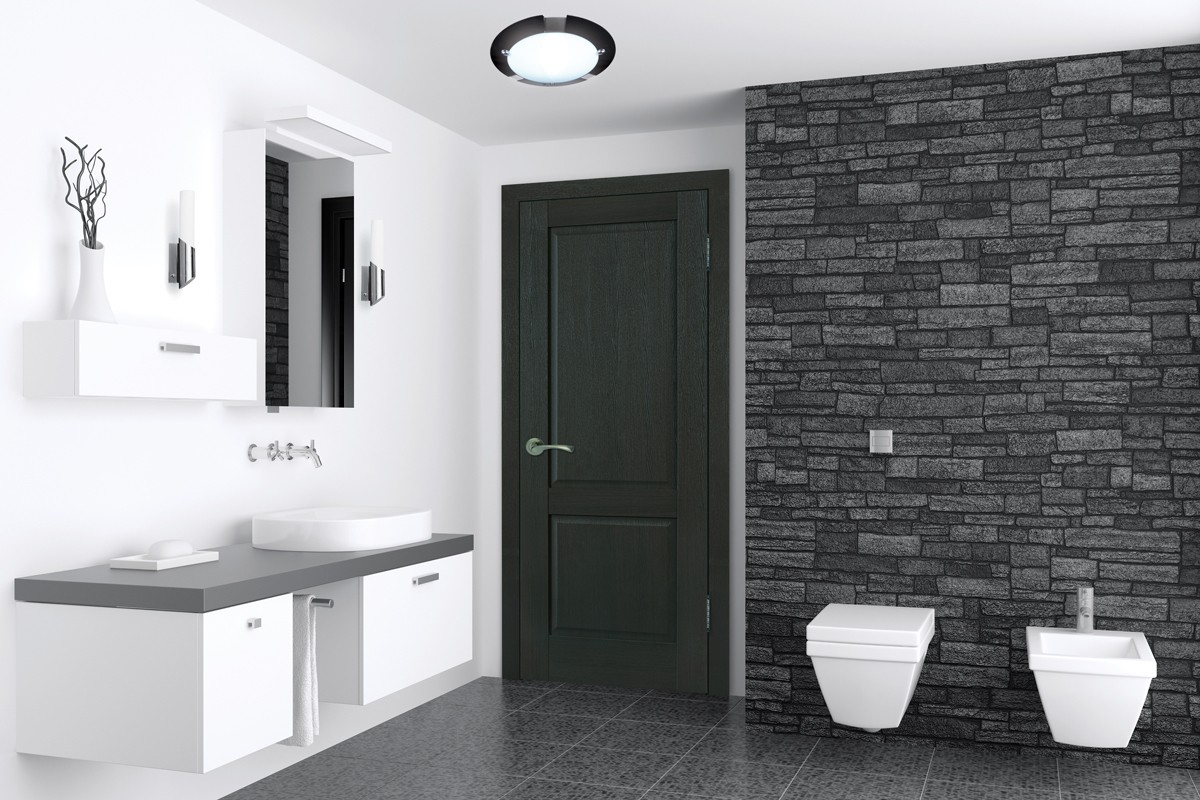
Ceramic Engineering PG Course Syllabus
The post-graduate program in ceramic engineering is a 2-year program with 4 semesters. The following table breaks down the syllabus by semester.
| Semester 1 | Semester 2 |
| Structure and Properties of Engineering Ceramics | Advances in Phases Diagrams |
| Principles of Ceramic Processing and Fabrication | Nanomaterials |
| Instrumental Analysis Laboratory | Electroceramics Laboratory |
| Characterisation of Ceramic Products Laboratory | Process Ceramic Laboratory |
| Professional Elective I | Professional Elective IV |
| Professional Elective II | Professional Elective V |
| Professional Elective III | Professional Elective VI |
| Seminar and Technical Writing | Seminar and Technical Writing |
| Semester 3 | Semester 4 |
| Summer Research/Industrial Project | Seminar and Technical Writing |
| Seminar and Technical Writing | Research Project Work II |
| Research Project Work I | Research Project Review II |
| Research Project Review I | Comprehensive Viva Voce |
| Dissertation |
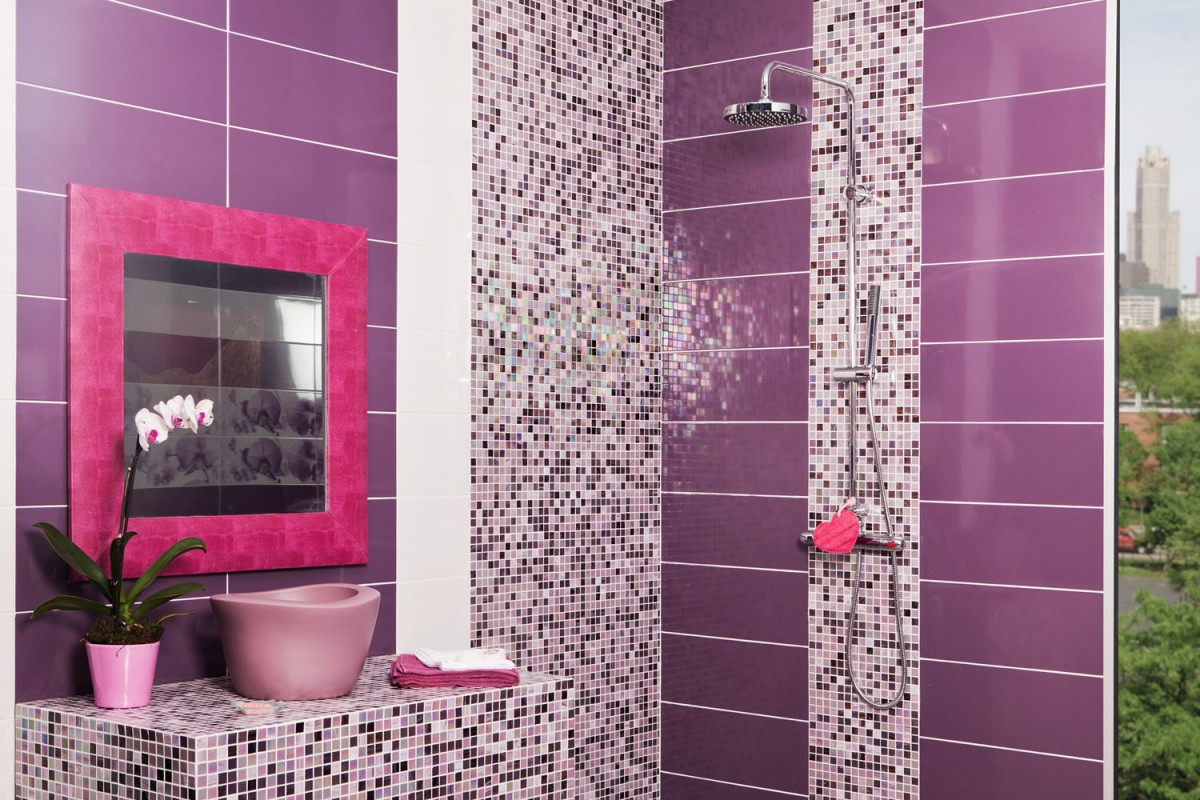
Ceramic engineering electives for undergraduate and graduate programs
The following are the elective subjects offered in ceramic engineering undergraduate and graduate programs:
- Ceramics without oxides
- Bio-Ceramics
- Metallurgical and Allied Refractory Materials
- Magnetic ceramics and advanced electroceramics
- Techniques for Processing Sol-Gels
- CAD and Ceramic Systems Modeling
- Contemporary Glass and Glass Ceramics
- Modern Composites
- Refractories, both shaped and unshaped
- Energetic
- Processing of High-Temperature Ceramics
- High-Tech Applications for Ceramics
- Ceramic Engineering, Special Topic and Laboratory, I and II
- Materials Characterization Techniques
- Friction and material wear
- Biosensors and Biomems
- Dispatch Phenomena
- Electron and X-ray microscopy
Prospects for Employment in Ceramic Engineering
There are few job openings in the core sector due to the newness of this discipline of engineering, but there is potential in R&D. Salary packages in this industry can be quite attractive for applicants who have completed the program at a reputable institution like an NIT or an IIT. Salaries in this industry vary depending on the job description. Ceramic engineers have a variety of career options, including those in the mining, pharmaceutical, food, aerospace, chemical, refinery, electronics, industrial, and transmission of energy, among other industries.
Top Exams for Admission to Ceramic Engineering
Entrance tests held at the federal and state levels serve as the basis for admission to undergraduate and graduate programs in ceramic engineering. For admission, several institutions additionally have their own unique entrance tests. The following are a few of the most well-known entrance tests for programs in ceramic engineering:
NTA’s Joint Entrance Examination Main (JEE Main)
Engineering Graduate Aptitude Test (GATE)
statewide tests like the WBJEE and AP Polycet

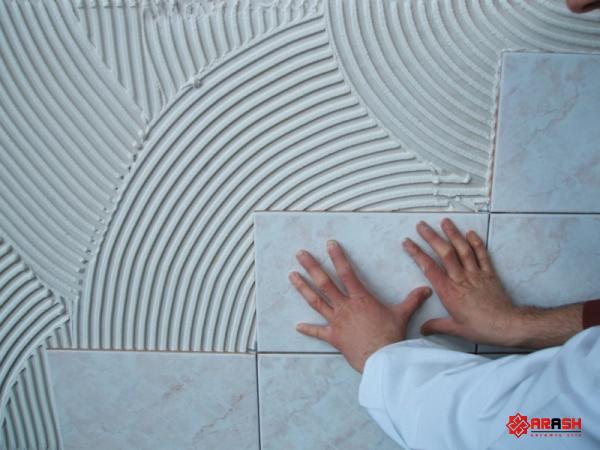
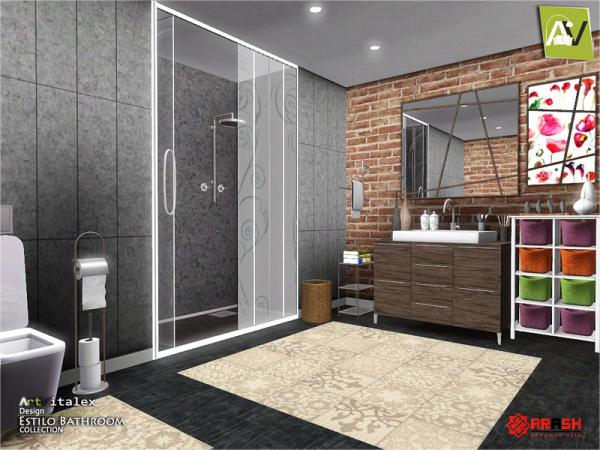
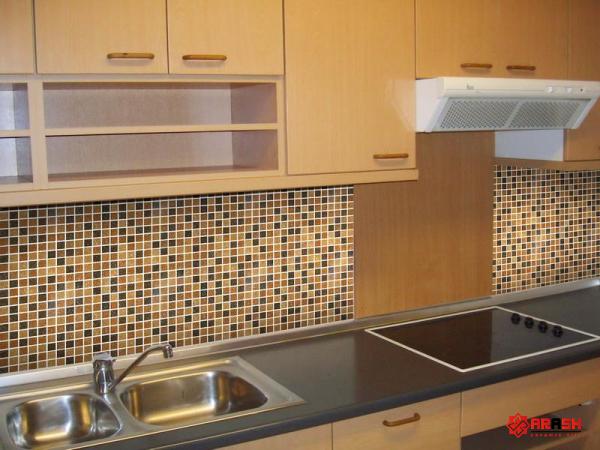
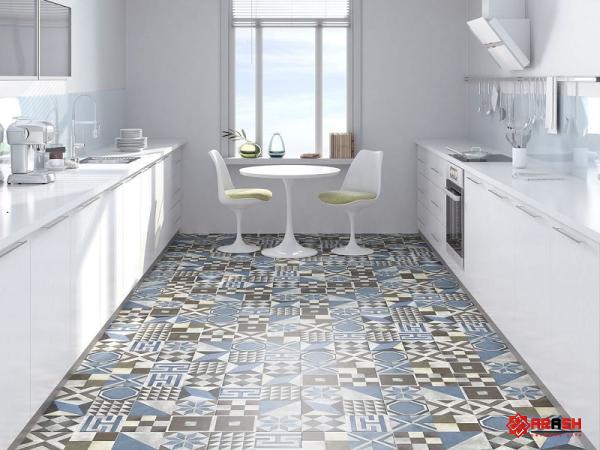


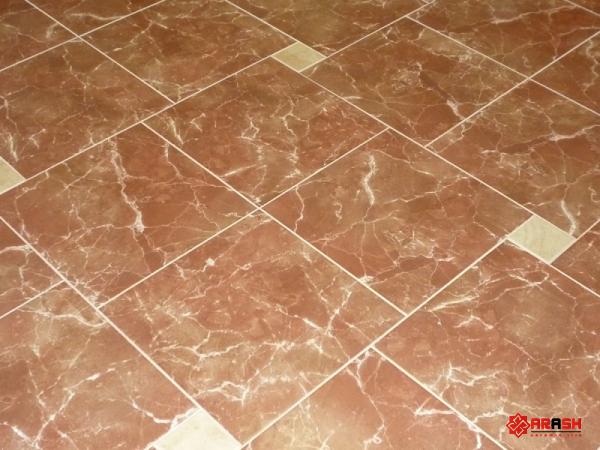
Your comment submitted.